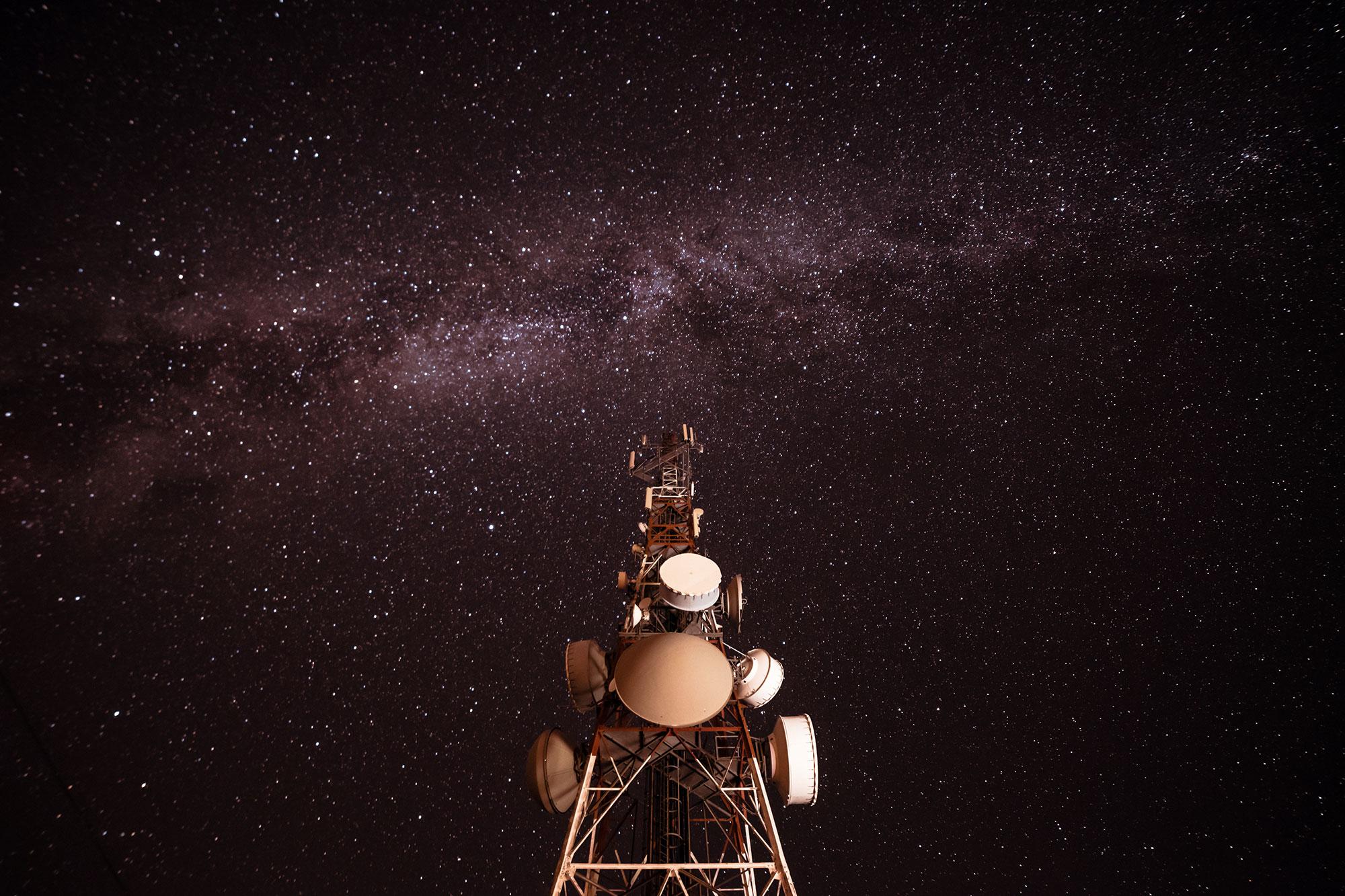With MARVIS, the SNSF is launching a funding scheme for cooperative space research

Technologies that define our everyday lives are often based on applications from space travel. With its new funding scheme MARVIS, the SNSF is putting the focus on interdisciplinary space research projects.
As a founding member of the European Space Agency (ESA), Switzerland makes an important contribution to the EU Space Programme. In May 2022, the State Secretariat for Education, Research and Innovation (SERI) signed a cooperation agreement with the Director General of the ESA to establish a joint centre of excellence at the Paul Scherrer Institute (PSI).
First funding scheme for space research
The SNSF's newly launched funding scheme MARVIS should also be seen in this context. MARVIS stands for “Multidisciplinary Applied Research Ventures in Space.” It focuses on three areas in particular: the contribution of space travel to a sustainable future, ensuring a rapid response in emergency situations and protecting space assets. Space-based applications have been shaping our everyday lives for some time: weather forecasts, navigation instruments, global climate monitoring and, of course, worldwide communication would be unthinkable without them.
Strengthening internationality and cooperation
With MARVIS, the SNSF will fund projects from research consortia. Up to 3.5 million francs will be made available.
Longer-term objectives include developing thematic competencies in the area of space travel at higher education institutions as well as promoting national and international networking; maintaining and strengthening Switzerland’s position in strategically important and promising areas of space research and innovation; and aligning research and innovation to the needs and long-term strategies of industry partners.
The first MARVIS call for proposals will be published shortly; the detailed information is already on the website. The submission deadline is the beginning of February 2023.This new funding scheme has been commissioned by the SERI. Calls will be launched every two to four years.